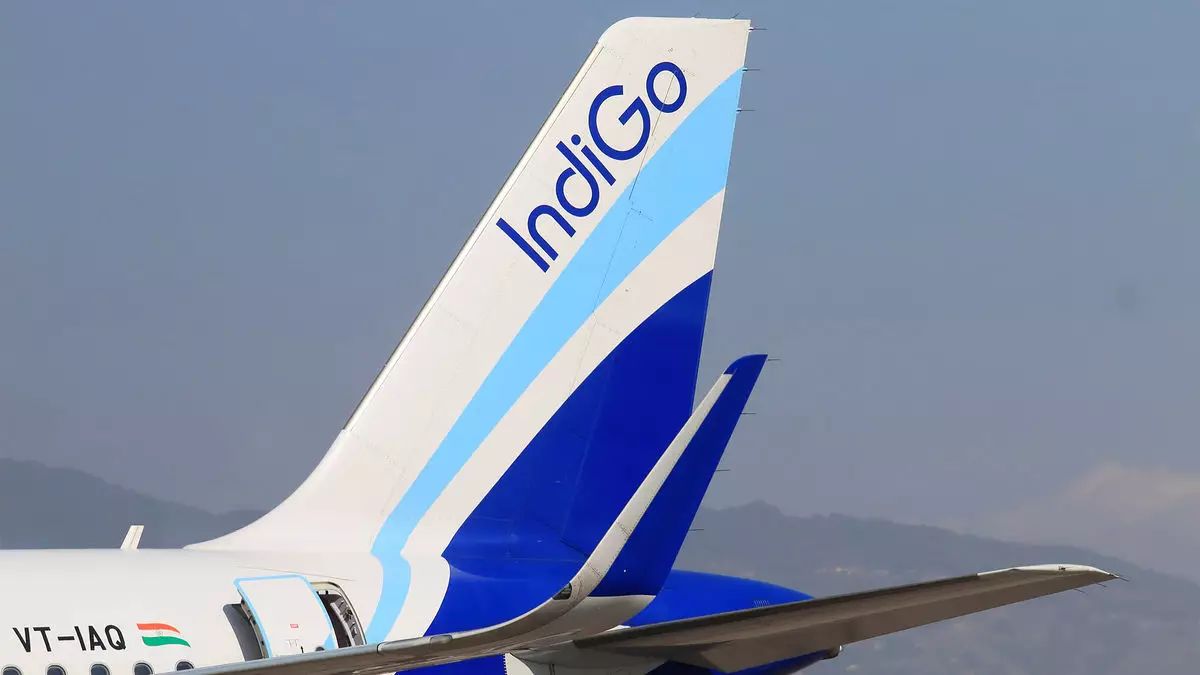In a significant development for the global aviation industry, IndiGo, the largest airline in India, is expanding its operations into the transatlantic market through codeshare agreements with Delta, KLM, and Virgin Atlantic. This strategic maneuver not only marks a pivotal moment in IndiGo’s growth trajectory but also reflects the rapidly evolving landscape of international travel post-pandemic. By entering into these partnerships, IndiGo is set to broaden its horizon and establish a more formidable presence on the global stage.
The announcement came during the International Air Transport Association’s (IATA) Annual General Meeting, signifying the seriousness with which IndiGo approaches this transition. As CEO Pieter Elbers stated, the potential for growth and opportunity within this partnership is “immense.” Such optimism is warranted, considering the airline’s already solid footing in domestic travel with over 30 codeshare arrangements within India and its ambitions to take on long-haul flights.
Transatlantic Codeshares: A Gateway to Expansion
IndiGo’s codeshare with Delta and KLM is particularly exciting as it facilitates connections from Amsterdam and establishes a collaborative framework that could eventually expand into a more integrated alliance. For instance, Delta’s future aspirations to reinvest in the Indian market, coupled with IndiGo’s ambitious plans to launch direct flights to the U.S., highlight the mutual benefits of this collaboration. While Delta has paused on committing to a more integrated joint venture, the groundwork for such an alliance is evidently being laid.
These codeshare partnerships will initially operate alongside IndiGo’s new long-haul routes, which are expected to include flights from Mumbai to Manchester and Amsterdam starting July 1 and July 2 of this year respectively. The strategic timing aligns well with IndiGo’s long-term vision of becoming a global airline that is as competitive as those in more established markets.
Fueling Growth Through Fleet Upgrades
A significant factor in IndiGo’s ambitious growth plans rests on its upcoming fleet upgrades. The airline plans to incorporate widebody aircraft into its operations by 2027, allowing it to compete more effectively on international routes. IndiGo’s decision to lease Boeing 787 aircraft as an interim solution while awaiting its first batch of Airbus A350s is a testament to its commitment to expedite its international operations.
The conversion of 30 of the 70 Airbus A350 options into firm orders is not merely a numbers game; it symbolizes IndiGo’s transformation from a budget domestic carrier into a key player in the long-haul segment. This transformation is further accentuated by the airline’s strategy to expand its international destination network, which already covers 41 destinations and is set to grow by another 10 in the next year.
Potential Challenges and Strategic Considerations
Despite the promising outlook, IndiGo must navigate a host of challenges, not least regulatory approvals for its codeshare operations. The international aviation market is notorious for its complexities, and while IndiGo’s confidence is notable, the regulatory landscape can sometimes impede even the most strategic plans.
Furthermore, as the airline ventures into international waters, it must stay acutely aware of customer expectations and competitive dynamics. The transatlantic market, especially, is served by established players, and IndiGo will need to leverage its brand identity as a cost-effective option while maintaining high service quality to win over international passengers.
An Air Travel Renaissance
As travel restrictions continue to lift and demand for international travel rebounds, IndiGo’s strategic foray into codesharing represents not just an opportunity for expansion but also an evolution of the air travel segment itself. With Delta estimating significant growth in passenger numbers, particularly between the U.S. and India, IndiGo’s timing appears fortuitous.
IndiGo’s new partnerships with major airlines signal a transformative moment for the Indian carrier as it sets its sights on becoming a noteworthy international player. The challenges are considerable, yet the potential rewards are equally significant, suggesting that the aviation landscape may witness an exciting shift as IndiGo attempts to carve out its niche in the competitive arena of global travel.


Leave a Reply